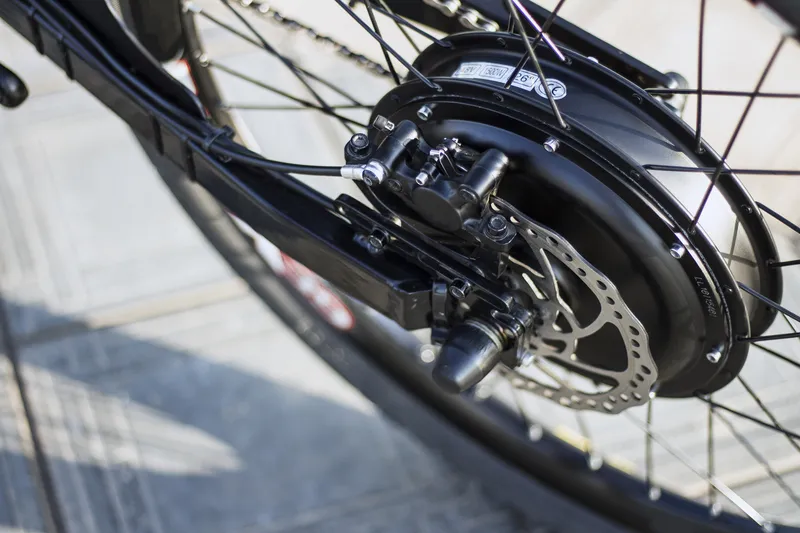Canadian bike-sharing company PBSC Urban Solutions will deploy over 7,000 bikes across Buenos Aires, Argentina and Santiago, Chile. Both roll-outs are set to be completed by early 2019.
The deployment consists of 4,000 Iconic models to Buenos Aires, along with 400 docking stations which use energy from solar panels for data transmission to lock and unlock bikes. In addition, 3,850 Fit bikes and 350 solar-powered stations will launch in Santiago.
The project is part of a deal with Tembico, a company whic
September 6, 2018
Read time: 1 min
Canadian bike-sharing company PBSC Urban Solutions will deploy over 7,000 bikes across Buenos Aires, Argentina and Santiago, Chile. Both roll-outs are set to be completed by early 2019.
The deployment consists of 4,000 Iconic models to Buenos Aires, along with 400 docking stations which use energy from solar panels for data transmission to lock and unlock bikes. In addition, 3,850 Fit bikes and 350 solar-powered stations will launch in Santiago.
The project is part of a deal with Tembico, a company which specialises in the operation of bike-sharing systems.
Riders will be able to register for the service via PBSC’s website or app. Local transit cards can also be used to unlock the bikes at docking stations.
The deployment consists of 4,000 Iconic models to Buenos Aires, along with 400 docking stations which use energy from solar panels for data transmission to lock and unlock bikes. In addition, 3,850 Fit bikes and 350 solar-powered stations will launch in Santiago.
The project is part of a deal with Tembico, a company which specialises in the operation of bike-sharing systems.
Riders will be able to register for the service via PBSC’s website or app. Local transit cards can also be used to unlock the bikes at docking stations.









